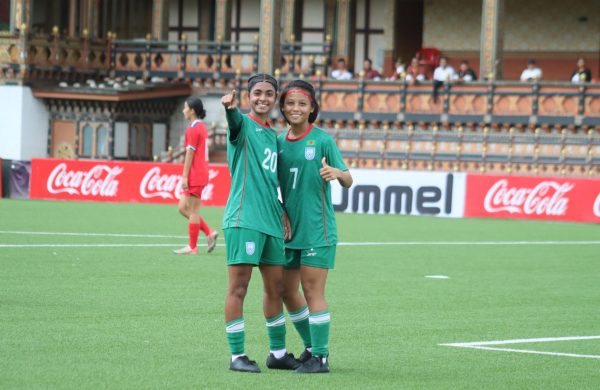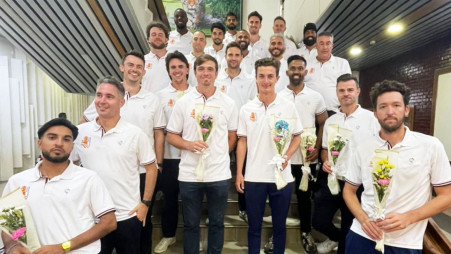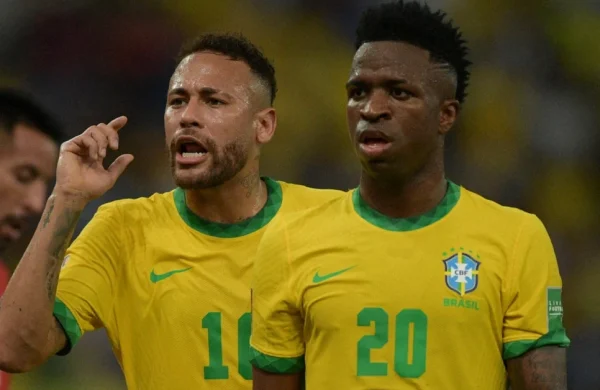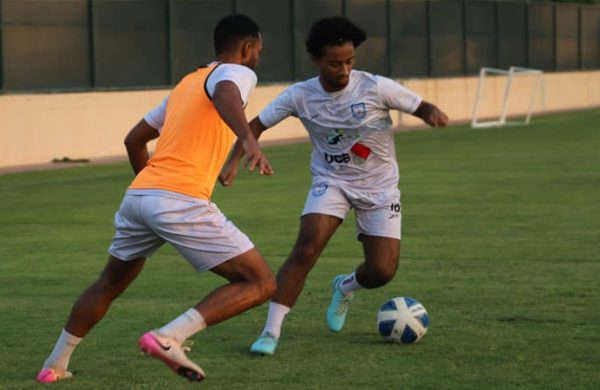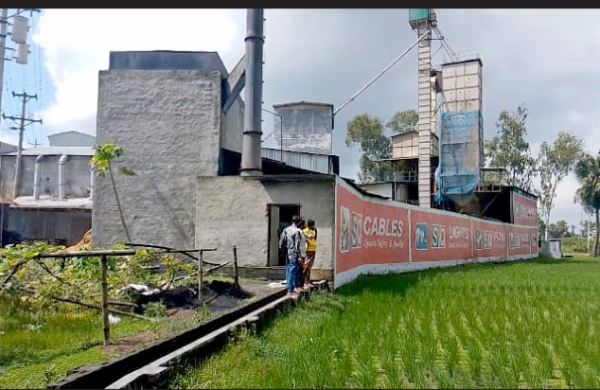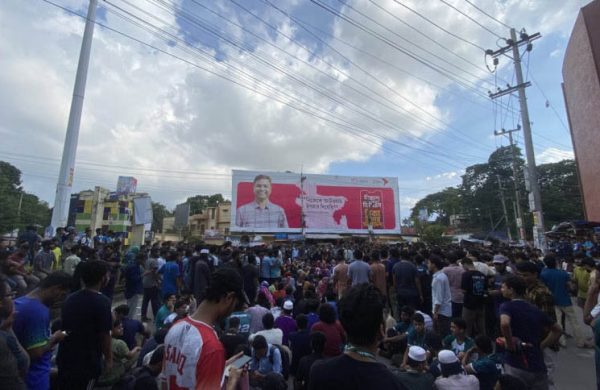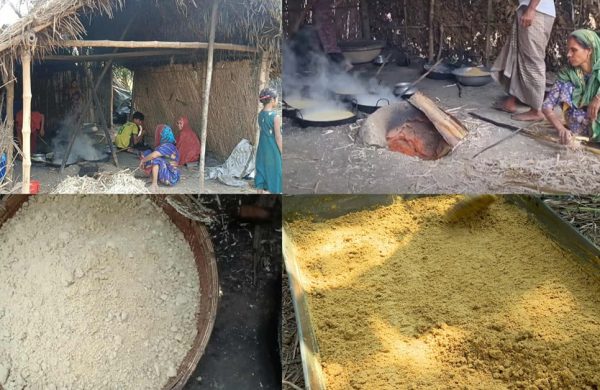From non-league to top of the league for Japan upstarts Machida
- Update Time : Tuesday, June 4, 2024
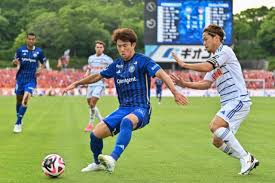
SPORTS DESK:
Led by a former high-school coach and playing in a picturesque stadium surrounded by trees, Machida Zelvia are taking the J. League by storm in their debut season in Japan’s first division.
The team from Tokyo’s suburbs top the table approaching the half-way point of the season, just over a decade after being in non-league — semi-professional — football.
At the helm is Go Kuroda, who was hired in late 2022 after almost three decades coaching one of the top high-school sides in a country where student football draws big crowds.
Machida lead the league only on goal difference after losing 3-1 to lowly Albirex Niigata on Saturday at home, but striker Mitch Duke believes they can go all the way.
“We just need to challenge ourselves in games like this, against teams that are in the lower part of the table,” the Australian international told AFP.
“That’s one thing that we probably need to improve, but other than that I think we have all the confidence and belief in the team that we can win the league.”
Machida’s homely 15,000-capacity stadium is located in a densely wooded park, a long and winding bus journey from the nearest train station.
The club were founded in 1989 and mostly played non-league football before joining the newly created J. League third division in 2014.
Their form fluctuated until Kuroda joined at the start of last season, taking them into the top flight at the first time of asking as second division champions.
Fast and physical
They have maintained their momentum this year, converting an injury-time penalty to beat three-time Asian champions Urawa Reds away last month and thumping neighbours Tokyo Verdy 5-0.
Machida’s success has been built on the power of 194cm (six feet, three inches) striker Oh Se-hun — a recent call-up to the South Korean national team — and backed by fast, hard-working team-mates.
Football writer Masafumi Mori says Machida have “a style that Japanese teams traditionally aren’t comfortable playing against”.
“Japanese teams are usually very technical, but Machida Zelvia aren’t like that, they have a lot of strength up front and they’re very good on the counter,” he said.
“It’s not a style that Japanese fans like, but it gets results.”
Mori also credits Kuroda and his coaching staff for their attention to detail and extensive analysis of opposition teams.
Kuroda arrived after leading Aomori Yamada High School to three titles in the national high school tournament, a competition that has shaped countless future Japan national team stars.
Kuroda is not the first former high school coach to land a J. League job but he is the first to make an impact.
Bragging rights
The 54-year-old is realistic about Machida’s chances of upsetting the odds and winning the title.
No team has ever won the J. League on their debut in the top flight.
“I was worried that the players might let their guard down after beating Urawa in the previous game and I was very strict to try to prevent them from falling into that trap,” Kuroda said after Saturday’s defeat.
“Strong teams win games like this, but we’re new to this and we don’t have players with title-winning experience. I get the impression we’re not there yet.”
Machida’s success means they now have to cope with the demands of international football.
Oh, Duke and Japanese goalkeeper Kosei Tani have all been called up by their countries and forward Shota Fujio and midfielder Yu Hirakawa are involved with Japan’s Olympic side.
Whether Machida win the title or not, Duke says they want to “make a statement” by finishing above city rivals Verdy and FC Tokyo.
“I’ve seen some comments where people claim that we’re not in Tokyo, but we are,” he said.
“We want to establish ourselves as the best Tokyo team and have that little bit of a bragging right.”


